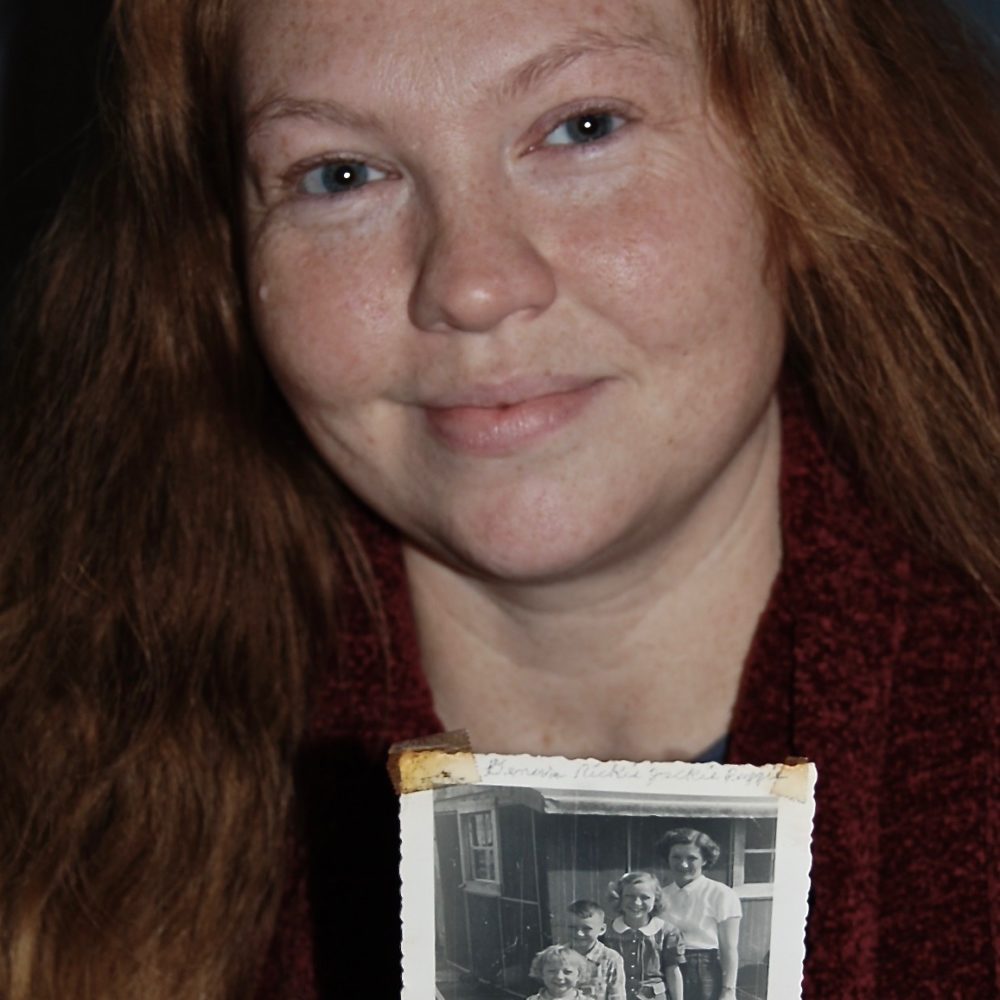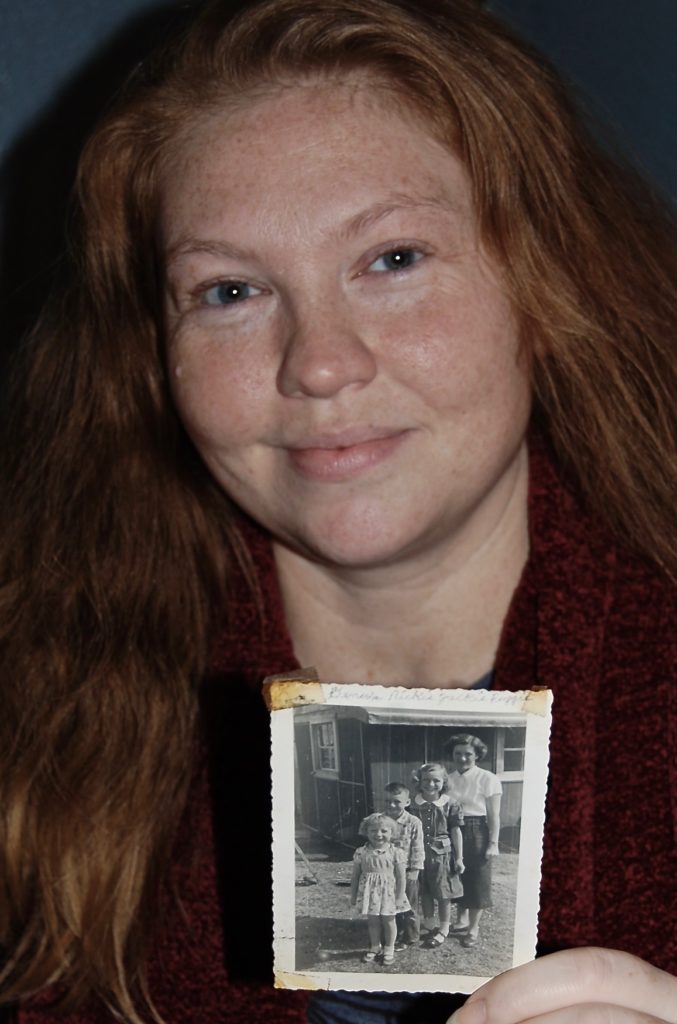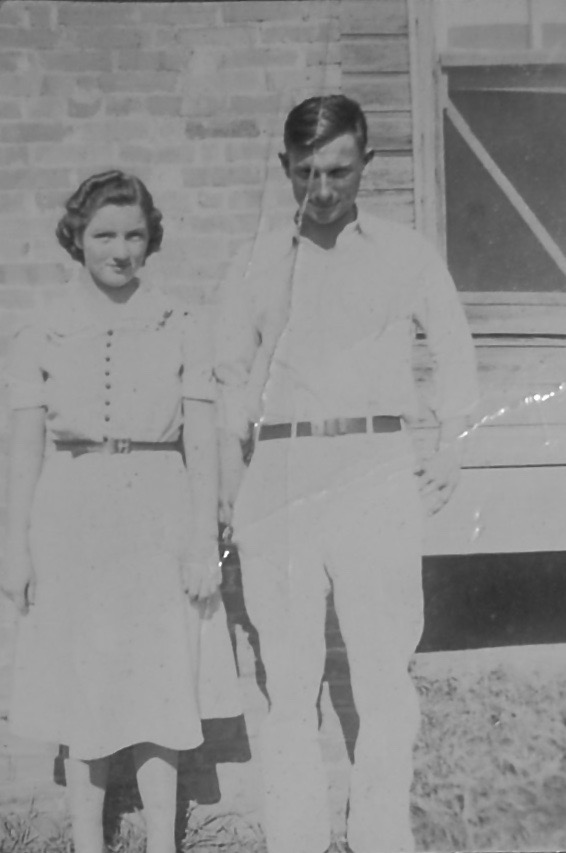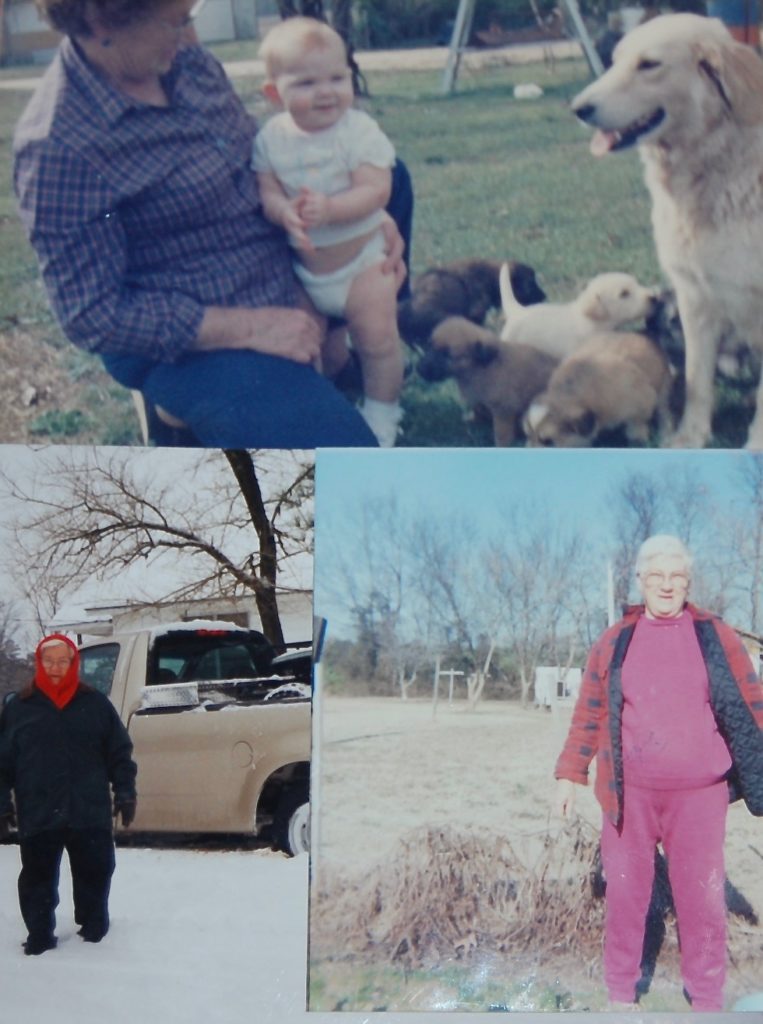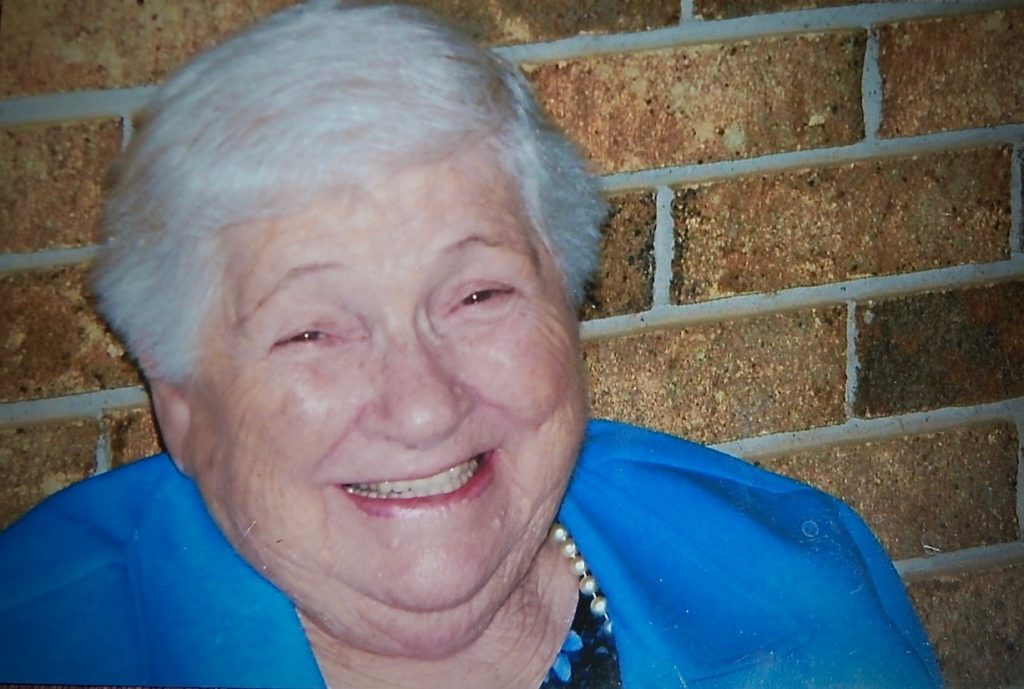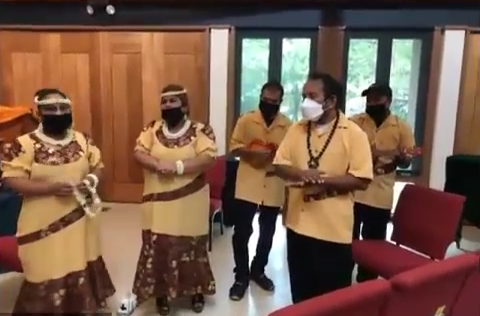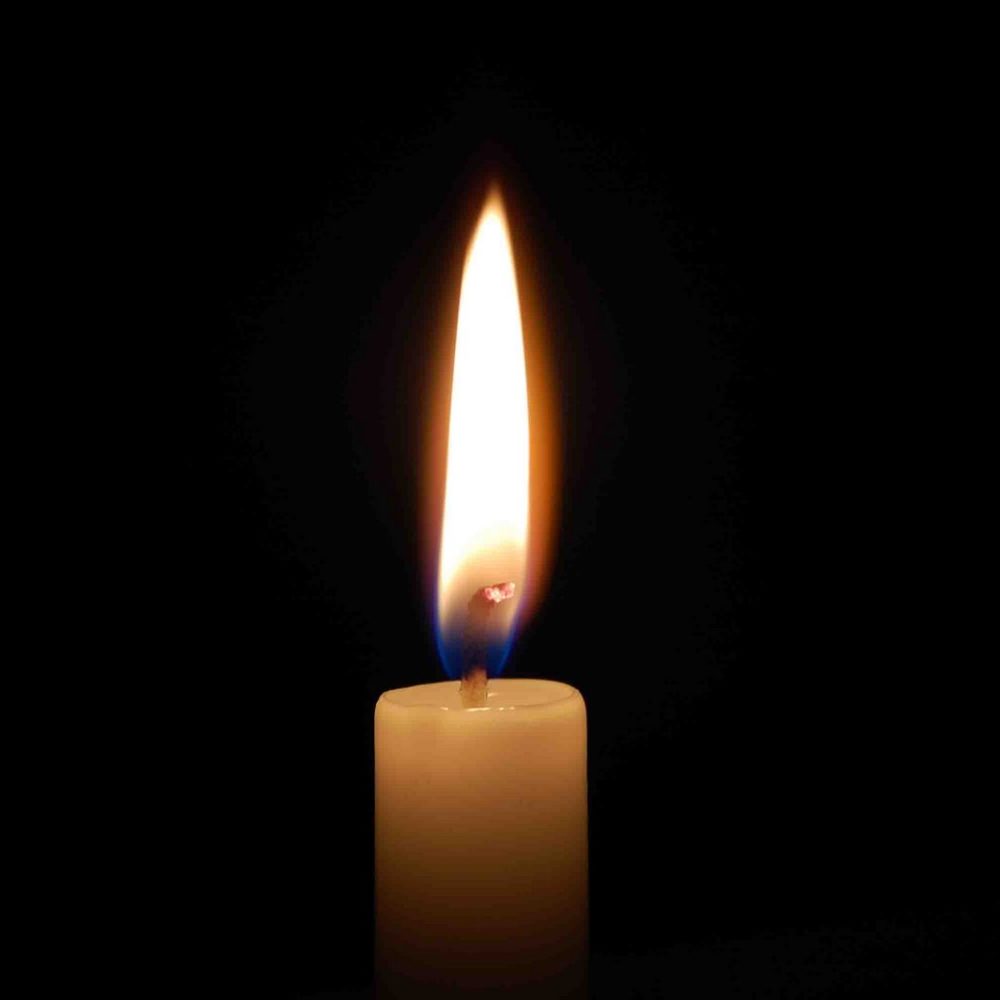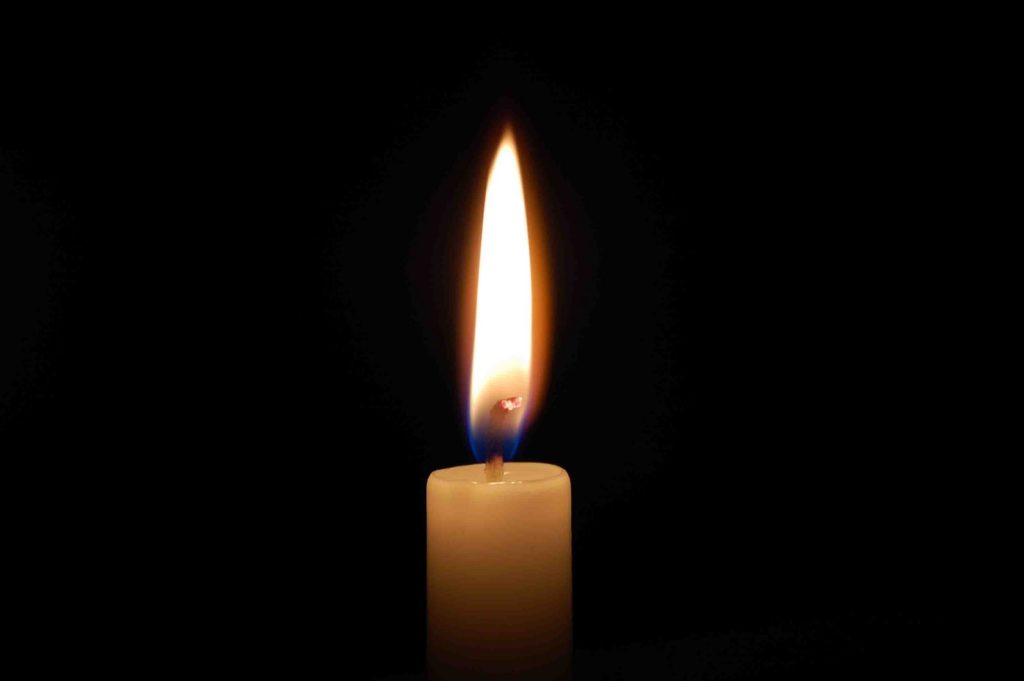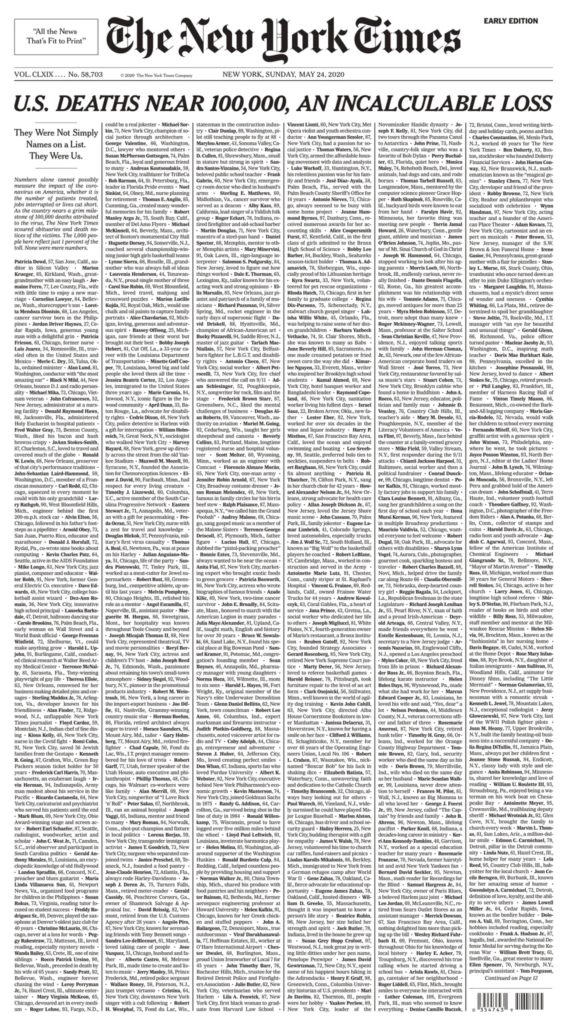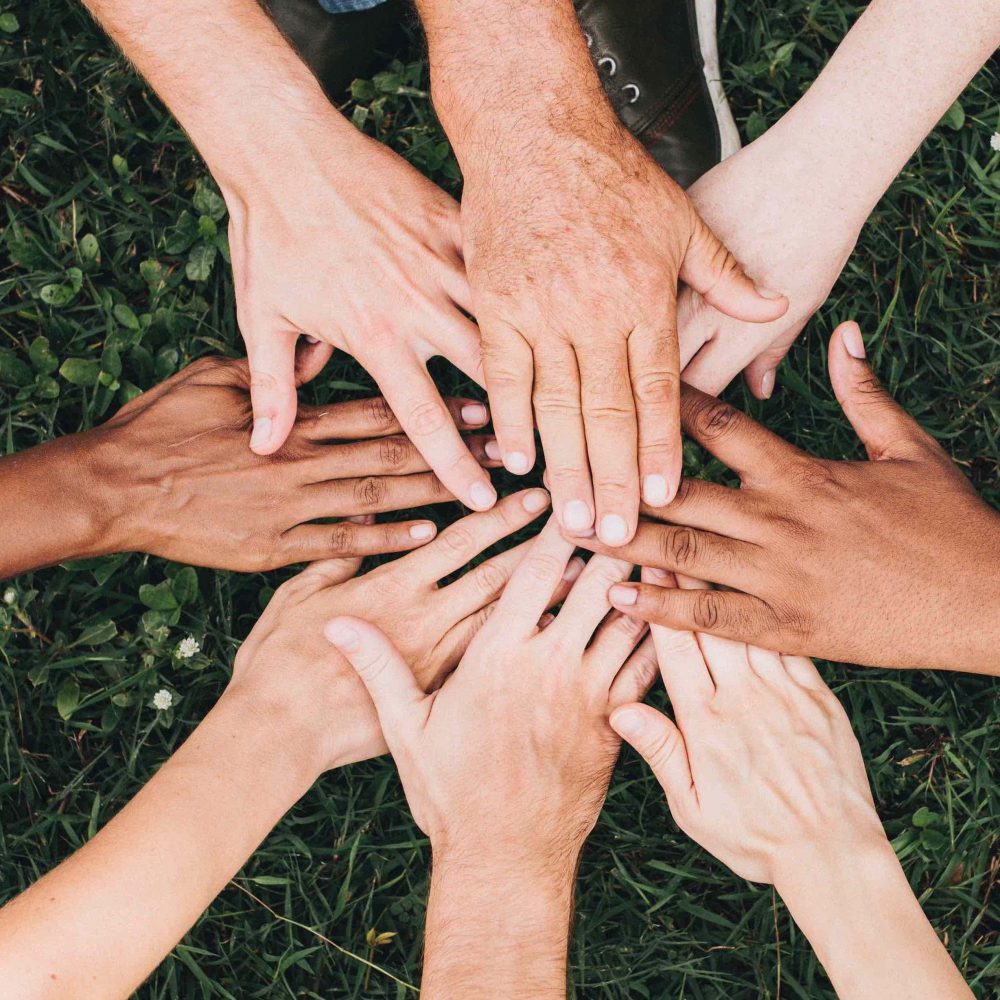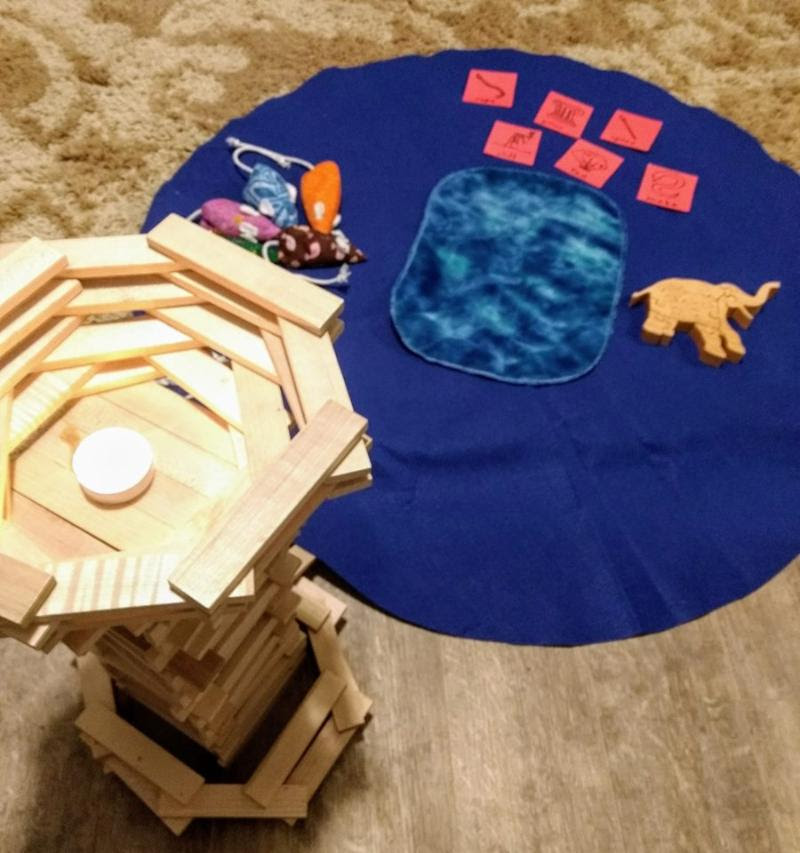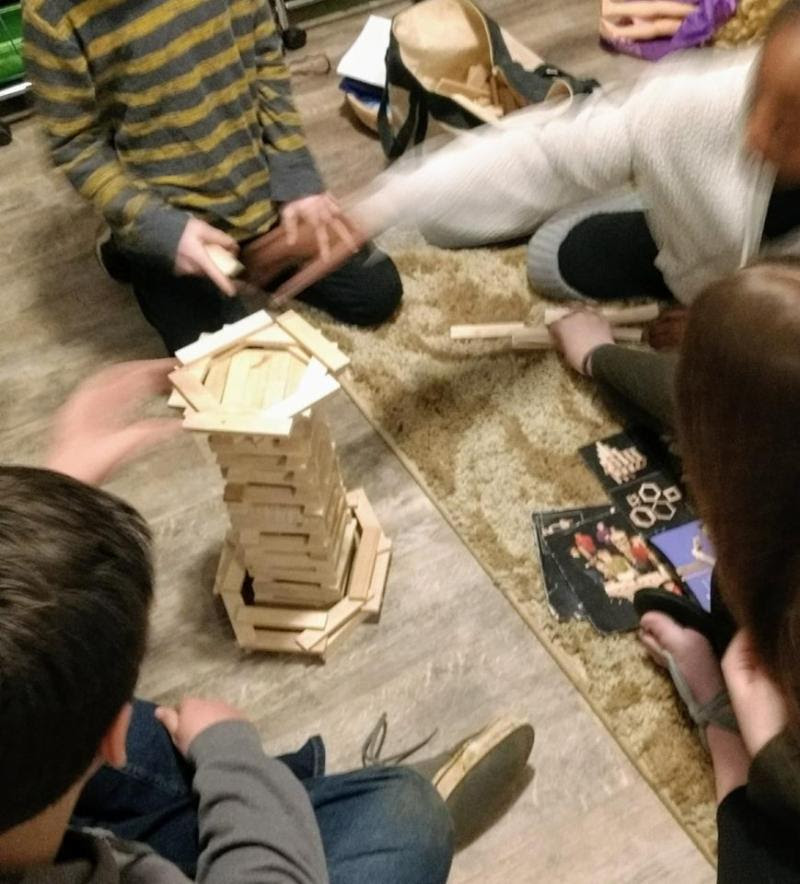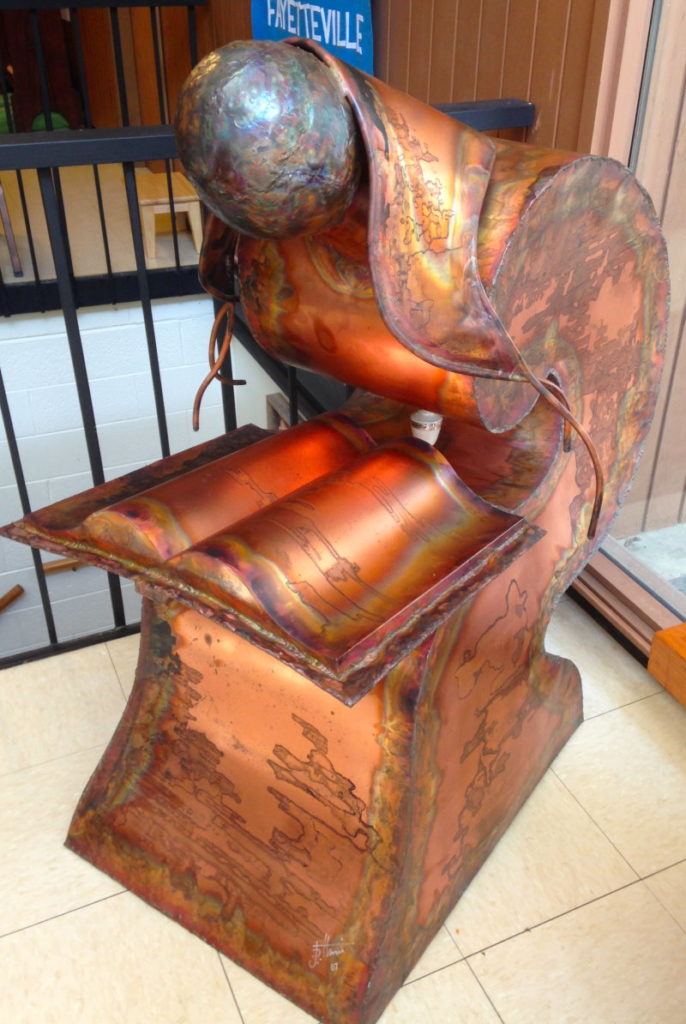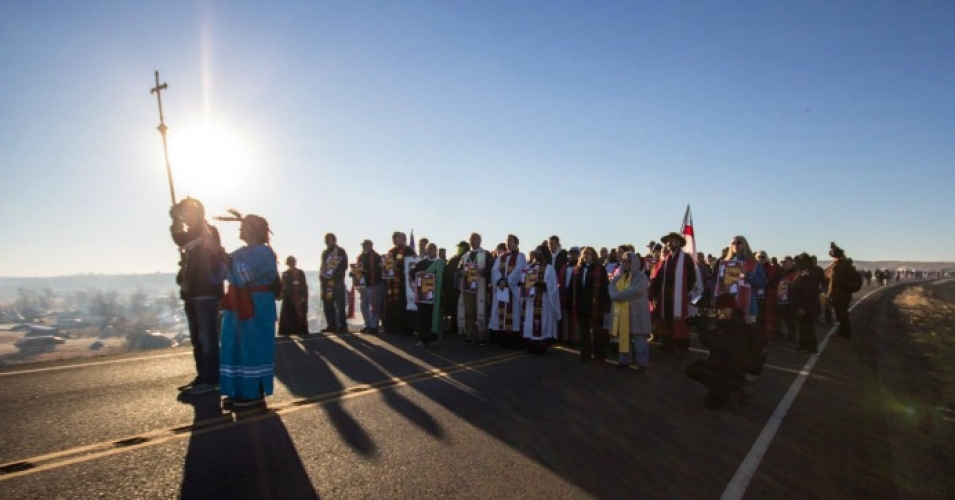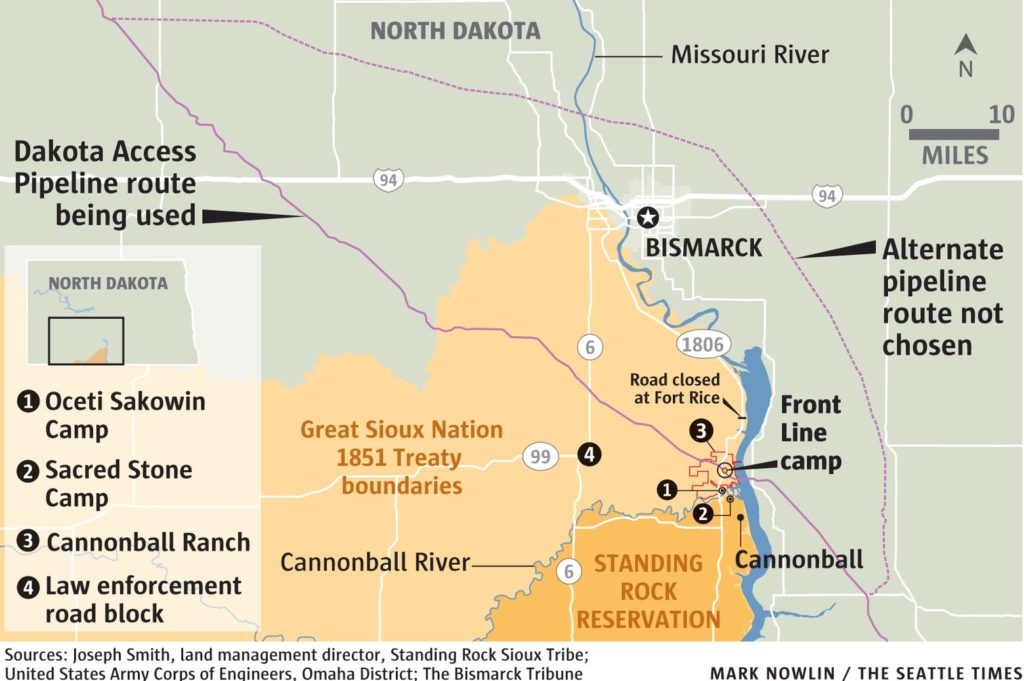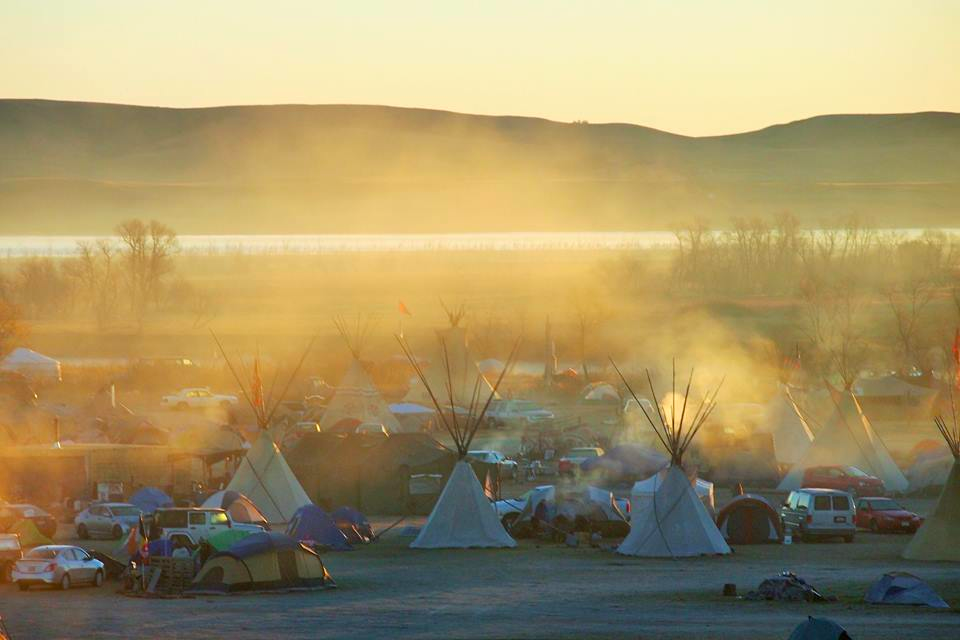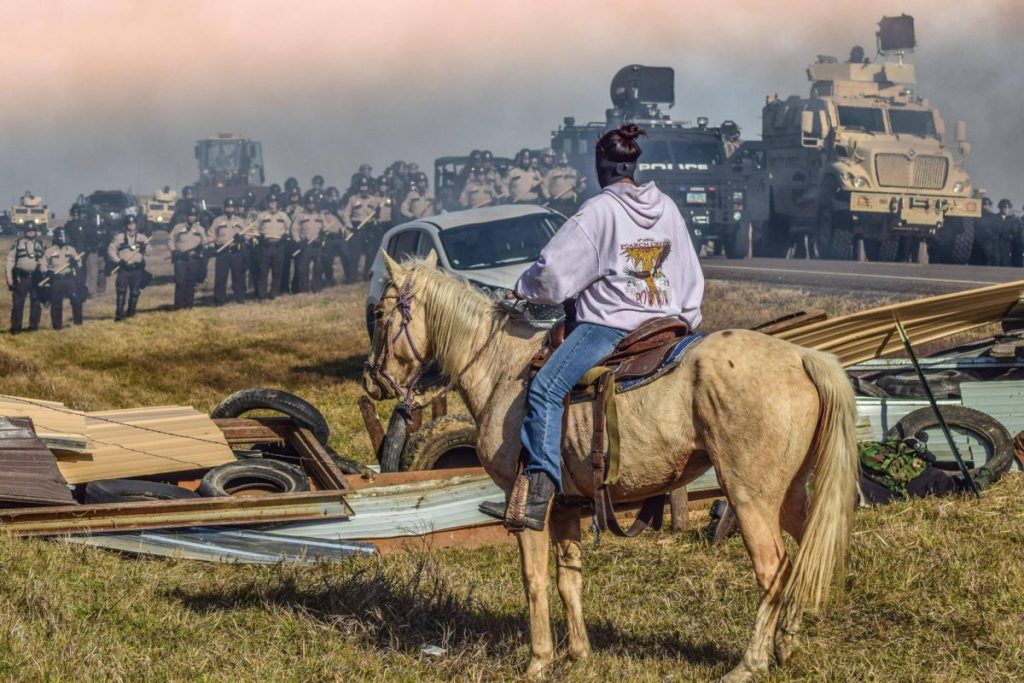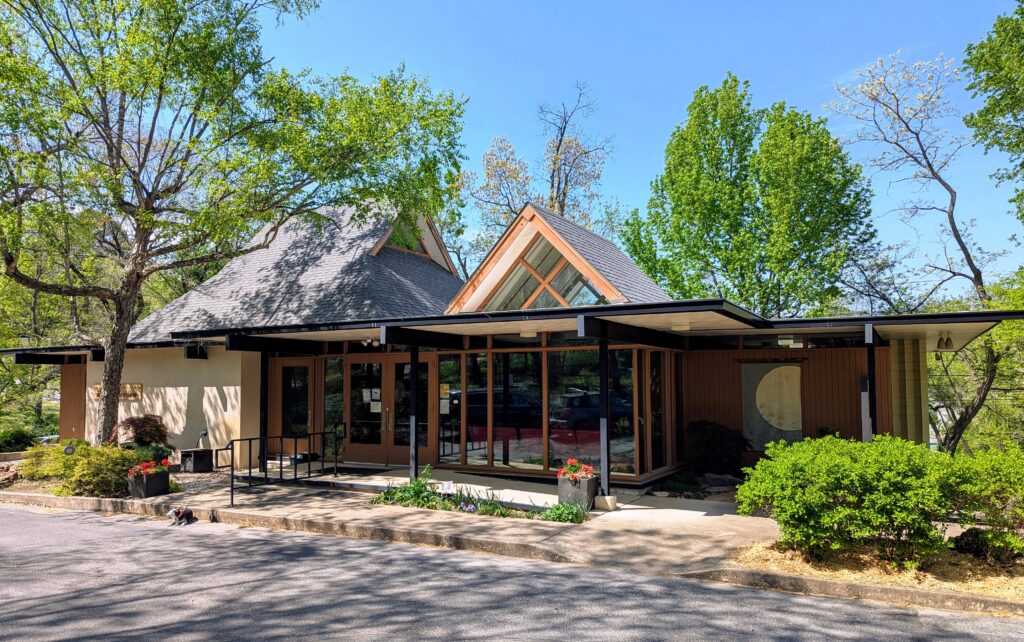A UUFF Gratitude Moment, shared during service on Sunday, November 8, 2020.
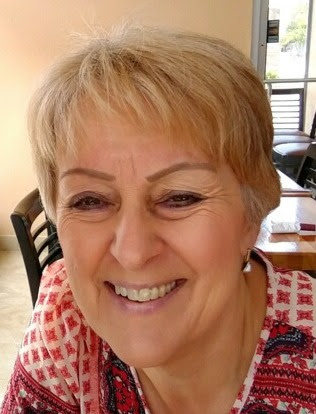
My name is Kate Kowalski and it is an honor to be invited to share some reflections with you today.
My first visit to UUFF was last year right about this time. I recall being moved by an inspiring Gratitude Moment that was shared and feeling the warmth and connection of this wonderful Fellowship. My family and I had just arrived in Fayetteville following our move from my home state of Wisconsin. My husband, Steve, had recently started a new position at the University so was becoming engaged in the campus and broader communities. Our daughter, Maggie, and I arrived several weeks later having never even visited the area. We weren’t sure what to expect, but were excited to start our new life. Our daughter, Natalie, was away at school in Illinois and she, too, had never been to the area.
One of the first things I did when Steve was first considering the job was to check to see if there was a Unitarian church in the area. Since I wasn’t planning to return to work, at least not right away, I knew I needed a source of connection with like-minded people. I had been attending the First Unitarian Society in Madison for a few years so knew it was the type of community I was in sync with. I was thrilled to find that there was indeed a UU church, although little did I know what a perfect fit and wonderful source of connection it would turn out to be.
Like many UU’s, I was raised in another faith tradition and, over the years, found my way to Unitarian Universalism. In my case, my spiritual journey began in the Catholic Church.
I attended Catholic grade school and received the sacraments most young Catholics receive…reconciliation, first communion, and confirmation. Steve and I were also married in a beautiful ceremony at the church on the campus of Marquette University. My Catholic roots run deep. Both of my parents were raised in devoutly Catholic homes and attended parochial schools. My dad had been an altar boy and my mom a novitiate in the convent of the School Sisters of St. Francis in Milwaukee. This is an order devoted to education and healthcare. She joined after high school, having attended Catholic grade schools and high school. But, as the time neared for her to take her final vows, my strong, courageous mother had determined that this wasn’t her life calling after all. So, she made the difficult and painful decision to kneel before the Mother Superior and explain that she had decided to leave the order, that she wanted her life to take a different path. I recall my mom saying that it was one of the most difficult things she ever had to do. She would go on to graduate with a degree in nursing from a small Catholic college operated by the same order of sisters she had just left. While she determined that life as a nun was not for her, she remained connected to the School Sisters of St. Francis for much of her life. She became the first lay Director of Nursing for a nursing home run by the order, and later, both she and my dad worked in leadership roles for a private psychiatric hospital also operated by the School Sisters of St. Francis…my mom in nursing and my dad as the pharmacist.
So, I grew up being in frequent contact with many of the sisters of the order. These interesting, accomplished, and competent women with odd names (Srs. Ellinda, Hugh, Beattis, Gothard, Pierre, Zachary, and others), were frequent dinner guests at our home and a few even looked after my brother and me when our parents went on a trip while we were in middle school. In fact, I remember my brother and I somewhat embarrassingly walking around the Wisconsin State Fair in the early 1970’s with Srs. Gothard and Zachary, garnering interesting looks as we explored the midway with them dressed in their habits.
The other notable thing I recall about these women is that they all held leadership roles at the hospital where my parents worked…administrator, assistant administrator, director of nursing, purchasing director, and the like. And yet, as women, they were marginalized within the structure of the church. Even as a young person, I was keenly aware of the male dominance and patriarchy of the church, and it never made sense or felt comfortable to me. As a result, I wasn’t sure the Catholic church was the right fit. Still, the connection was strong.
My first experience stepping out of the Catholic tradition and moving towards Unitarian Universalism came during my mid 20’s when I decided to give the First Unitarian Society of Milwaukee a try. I attended a few services and took part in an adult spiritual development series, and while I strongly connected with the principles on an intellectual level, it felt like something was missing. I missed the ritual of the mass.
In the meantime, other life events including a move to Australia, my return a couple of years later, meeting and marrying Steve, the birth of our daughters, work, and other commitments would take priority. Steve and I married in the Catholic church and decided to raise our girls in the faith. We did so, however, never intending that they would agree with or adopt all of the teachings, but rather as a foundation from which they would question and even rebel in order to sort out their own beliefs. They both participated in religious education through 8th grade at which point we gave them the option to decide whether to continue. You won’t be surprised to hear that both had determined that Catholic teachings weren’t consistent with their worldview, and neither decided to continue towards confirmation. The timing of this also coincided with the emerging recognition of the systemic nature of the sexual abuse crisis taking place and being covered up in the church. The devastating realization of the extent of the abuse was impossible for me to reconcile.
It was at that time that I decided to again give Unitarian Universalism a try, this time at the First Unitarian Society of Madison. FUS had a structure to the services very much like those here at UUFF that included enough ritual to satisfy the need I previously missed. It wasn’t long before I came to realize that I found a spiritual home that resonated with my core beliefs around equality, human dignity, social justice, democracy, and openness of thought. This was reinforced after I participated in FUS’s version of the new UU class and learned more about the principles and sources that serve as the foundation of the faith. It was difficult to leave, but I was comforted knowing that UUFF would be here when I arrived.
So, while I certainly felt some nervous twinges on my first few visits to UUFF, it wasn’t long before I felt welcomed and engaged. Attending a few ARE sessions definitely helped and solidified for me that I was in the right place. In fact, I spoke so positively of my experience that it wasn’t long before Steve decided to join me. He, too, quickly came to feel comfortable and at home.
While UUFF is a smaller fellowship than either of the two I previously attended, I immediately came to see this as something very positive. The intimate nature of UUFF allows for a level of connectedness that larger environments aren’t necessarily able to foster. And, the genuine warmth, friendliness, and commitment of the membership can’t be overstated. I continue to be impressed by the dedication of the many volunteers who work together collaboratively to create the inclusive and spirited environment here at UUFF, even in these extraordinary times. I applaud the effort of so many to keep us engaged using Zoom for services, religious exploration, chalice circles, the anti-racist book group, and other group activities.
Volunteers are vital to the life and spirit of UUFF and everyone is encouraged to share time and talent in whatever capacity they are able. As UUFF’s volunteer coordinator, I welcome your participation in any of the activities listed in the recent stewardship letter, or in other ways that fit with your interests and abilities. Feel free to reach out to me with questions or if I can be a resource in any way. Of course, financial contributions are also critical to UUFF’s ability to thrive, so all are encouraged to pledge as they are able.
I don’t know what my mom would think of me choosing a UU path, but given that she herself was a progressive-minded woman known to think for herself, I’m confident she would be happy that I have found a loving, open-minded, critical-thinking, and welcoming liberal spiritual home. Thank you all for so warmly welcoming Steve and me to this wonderful community and for allowing me to speak with you today.
